
Sekondi-Takoradi: The Twin City Jewel of Ghana
Sekondi-Takoradi, often referred to as the Twin City, is a vibrant and bustling metropolis located in the Western Region of Ghana. Rich with history, culture, and natural beauty, this city offers a unique blend of old and new, making it an ideal destination for tourists seeking a diverse experience. The city is known for its beautiful beaches, including the popular Busua Beach, which is perfect for sunbathing, surfing, and enjoying fresh seafood. The lively markets, such as the Takoradi Market Circle, provide an authentic taste of local life, where you can find everything from colorful textiles to delicious street food. Sekondi-Takoradi also boasts a fascinating history, with landmarks like the colonial-era Fort Orange and the prestigious Sekondi European Cemetery. The city is a gateway to the lush Western Region, known for its rainforests, waterfalls, and wildlife sanctuaries. Whether you're an adventurer, a history buff, or simply looking to relax, Sekondi-Takoradi has something for everyone.
Local tips in Sekondi-Takoradi
- Visit Takoradi Market Circle early in the morning for the best shopping experience and freshest produce.
- Carry cash, as many local vendors and smaller establishments do not accept credit cards.
- Hire a local guide to explore the historical sites and learn about the rich history of Sekondi-Takoradi.
- Be prepared for high humidity and pack light, breathable clothing.
- Try the local seafood dishes, especially at the beachfront restaurants.
Sekondi-Takoradi: The Twin City Jewel of Ghana
Sekondi-Takoradi, often referred to as the Twin City, is a vibrant and bustling metropolis located in the Western Region of Ghana. Rich with history, culture, and natural beauty, this city offers a unique blend of old and new, making it an ideal destination for tourists seeking a diverse experience. The city is known for its beautiful beaches, including the popular Busua Beach, which is perfect for sunbathing, surfing, and enjoying fresh seafood. The lively markets, such as the Takoradi Market Circle, provide an authentic taste of local life, where you can find everything from colorful textiles to delicious street food. Sekondi-Takoradi also boasts a fascinating history, with landmarks like the colonial-era Fort Orange and the prestigious Sekondi European Cemetery. The city is a gateway to the lush Western Region, known for its rainforests, waterfalls, and wildlife sanctuaries. Whether you're an adventurer, a history buff, or simply looking to relax, Sekondi-Takoradi has something for everyone.
When is the best time to go to Sekondi-Takoradi?
Iconic landmarks you can’t miss
Takoradi Mall
Experience the vibrant shopping and dining scene at Takoradi Mall, the ultimate destination for visitors to Ghana's coastal city.
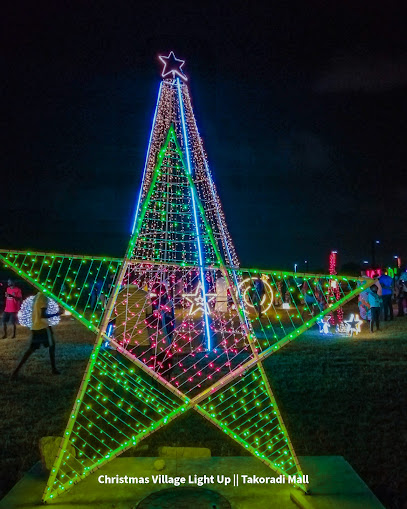
God Is Love Chopbar
Discover the flavors of Ghana at God Is Love Chopbar, where traditional dishes and a vibrant atmosphere create an unforgettable dining experience.
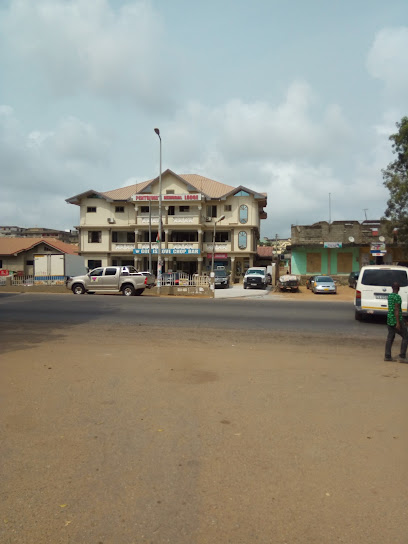
Vienna City Beach
Discover the charm of Vienna City Beach in Takoradi, where delicious cuisine meets stunning ocean views and lively entertainment.
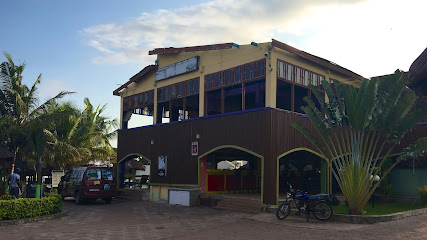
Grand Favor Hotel & Restaurant
Discover the perfect fusion of comfort and culinary excellence at Grand Favor Hotel & Restaurant in Takoradi, Ghana.

Africa Beach
Discover the perfect blend of comfort and coastal charm at Africa Beach Hotel in Takoradi, where relaxation meets local culture.

Pipeano Bus Stop
Discover Takoradi effortlessly from Pipeano Bus Stop, your convenient transport hub connecting you to the city's attractions and local culture.
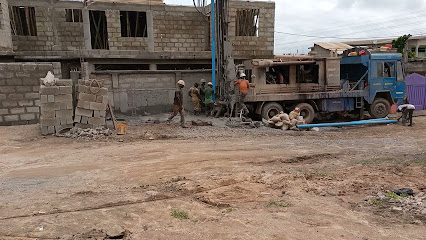
Fetish Priest Statue
Explore the Fetish Priest Statue in Sekondi-Takoradi, a remarkable symbol of Ghanaian culture and heritage that enchants visitors with its historical significance.
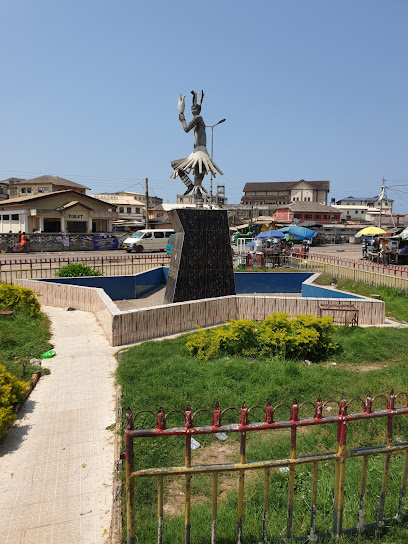
Han Palace Chinese Restaurant
Experience authentic Chinese flavors at Han Palace Restaurant in Takoradi, where every meal is a culinary journey through China's rich culinary heritage.
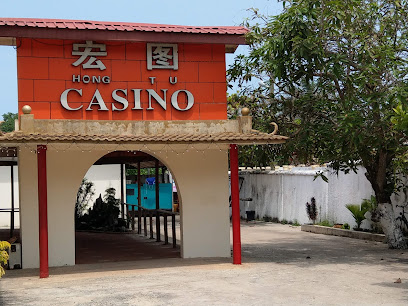
Petit Palais GuestHouse
Experience the charm of Petit Palais Guesthouse in Takoradi, where comfort meets local hospitality, creating unforgettable memories.
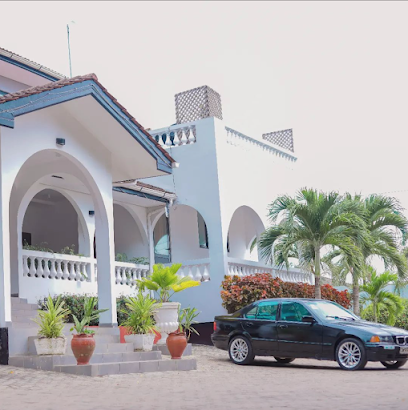
Noble House - Takoradi
Discover culinary excellence at Noble House in Takoradi, where local flavors meet international cuisine in an inviting atmosphere.
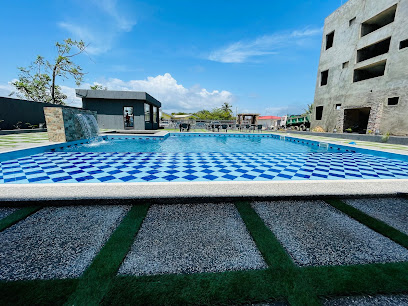
May's Spot
Experience the vibrant nightlife and local flavors at May's Spot, Takoradi's premier bar for tourists seeking relaxation and social energy.
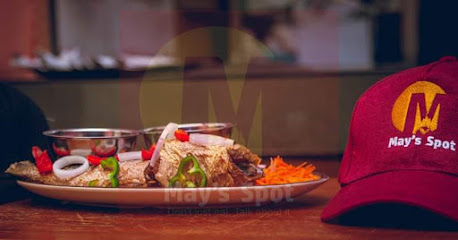
RHOGEM Hotel
Discover the perfect blend of luxury and convenience at RHOGEM Hotel in Takoradi, offering comfort, dining, and business facilities.

Squeeze
Experience authentic Ghanaian cuisine at Squeeze in Takoradi, where vibrant flavors meet a welcoming atmosphere for all visitors.
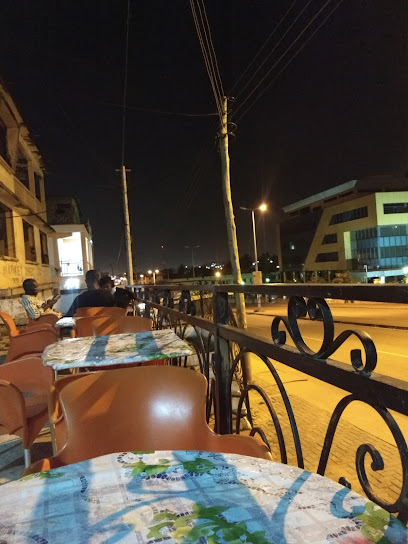
Abenbebom New Station
Experience the heartbeat of Takoradi at Abenbebom New Station, your gateway to vibrant transportation options and local culture in Ghana.
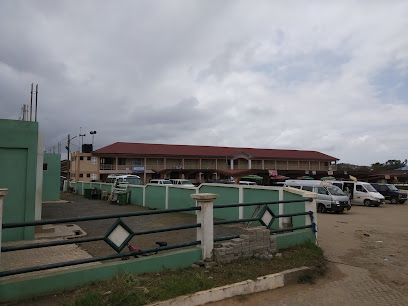
Fort Orange
Explore the rich history of Ghana at Fort Orange, a stunning 17th-century fortress in Sekondi-Takoradi.
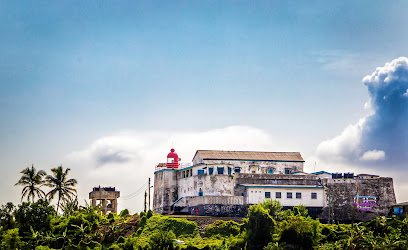
Unmissable attractions to see
Elmina Castle
Discover Elmina Castle, a UNESCO World Heritage site, where history and culture intertwine on Ghana's stunning coastline.
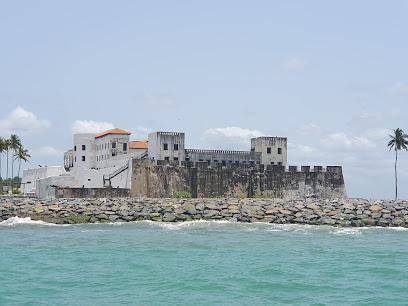
Gyandu Park
Explore the serene beauty of Gyandu Park in Sekondi-Takoradi, a perfect escape for tourists seeking relaxation and nature in Ghana.
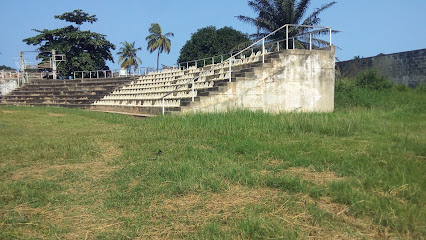
C. K. Mann Park
Discover the tranquil beauty and vibrant culture of C. K. Mann Park in Takoradi, the perfect green escape for relaxation and family fun.
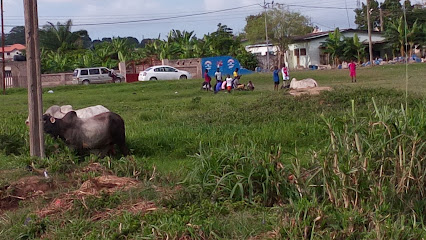
Kweikuma Park
Explore the serene beauty of Kweikuma Park in Takoradi, where lush landscapes meet tranquility for an unforgettable outdoor experience.
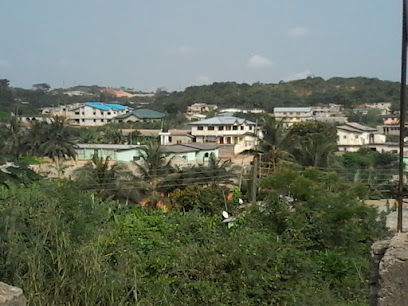
Fort Orange
Explore Fort Orange, a historical fortress in Sekondi-Takoradi, Ghana, where colonial history meets stunning coastal views.
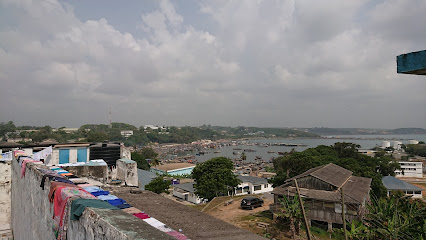
Essikado Park
Discover the tranquility and natural beauty of Essikado Park, your perfect retreat in Sekondi-Takoradi, Ghana.
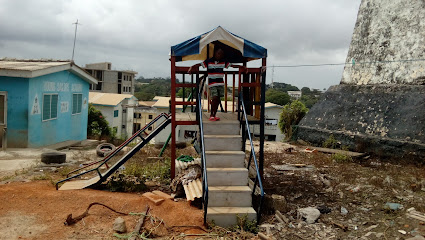
Takoradi Jubilee Park
Explore the beauty and tranquility of Takoradi Jubilee Park, a serene oasis perfect for relaxation, family outings, and cultural experiences in Ghana.
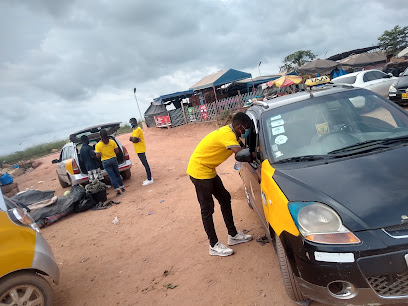
Butumagyabu Attaa Park
Butumagyabu Attaa Park in Sekondi-Takoradi: A tranquil escape into nature, perfect for relaxation, picnics, and family fun amidst lush greenery.
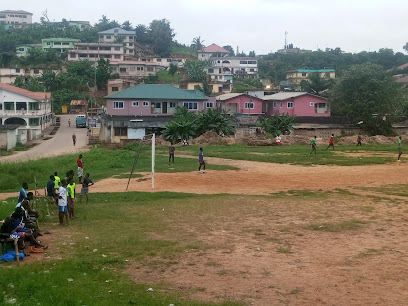
Park - Takoradi Technical University
Experience the tranquility and community spirit of Takoradi Technical University Park, a perfect escape for relaxation and outdoor activities in Ghana.
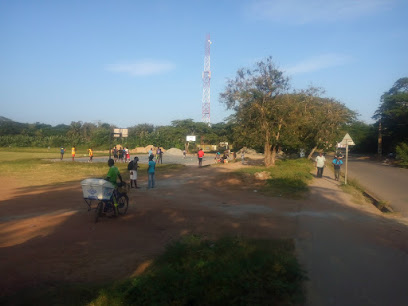
Heritage Fun Park
Discover the family-friendly charm of Heritage Fun Park in Takoradi, where relaxation meets recreation in a lush, green environment.
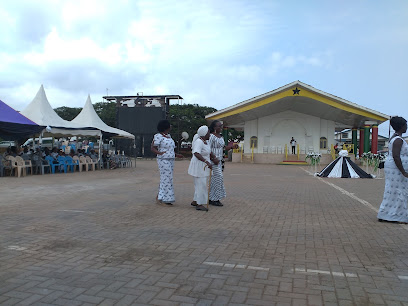
Fort Batenstein
Explore Fort Batenstein in Butre, Ghana: a historical fortress offering breathtaking ocean views and rich cultural heritage.
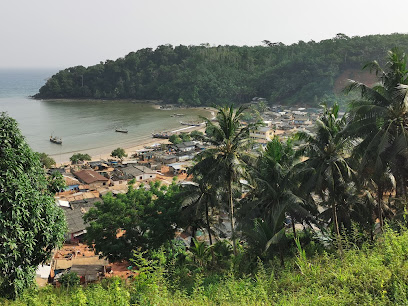
Bisa Aberwa Museum
Explore the rich cultural tapestry of Ghana at Bisa Aberwa Museum in Takoradi, a must-visit destination for history enthusiasts and curious travelers.
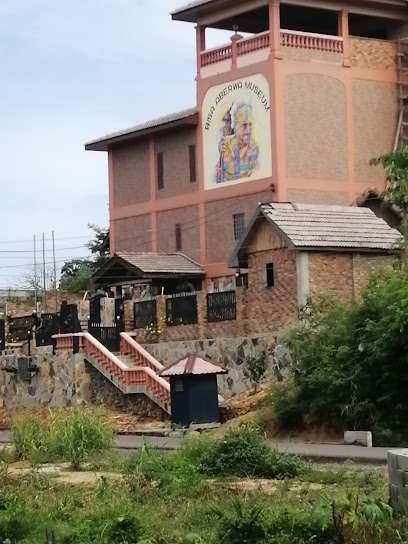
Diabene Park
Experience tranquility at Diabene Park in Takoradi, a perfect escape for nature lovers and families seeking relaxation amidst green spaces.
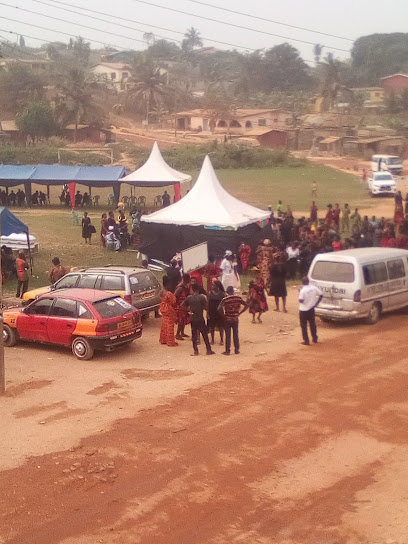
Funko Beach Resort
Experience the serene beauty of Funko Beach Resort in Takoradi, a luxurious escape with stunning beaches and vibrant local culture.
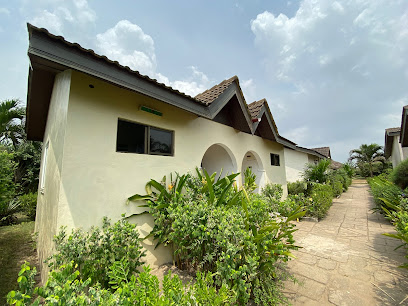
Adiembra Green Park(ato Sam)
Discover the serene beauty and vibrant culture at Adiembra Green Park in Takoradi, Ghana's urban oasis for relaxation and community connection.
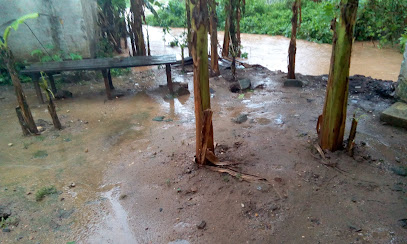
Essential places to dine
God Is Love Chopbar
Experience authentic Ghanaian flavors at God Is Love Chopbar in Takoradi – where every meal tells a story.
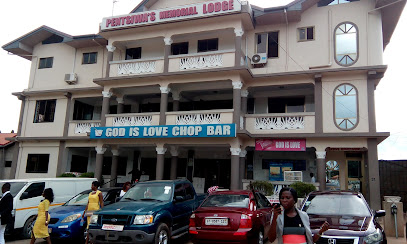
Anaji choice restaurant
Discover the flavors of Ghana at Anaji Choice Restaurant in Takoradi—where fresh ingredients meet warm hospitality.
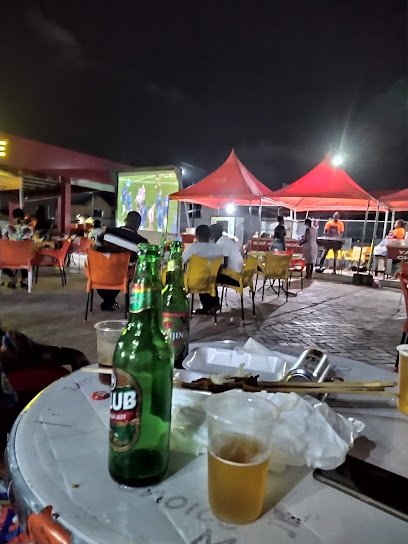
Han Palace Chinese Restaurant
Experience authentic Chinese flavors at Han Palace Restaurant in Takoradi – where culinary tradition meets local hospitality.
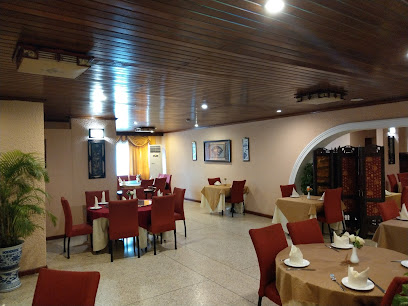
Bombay Indian Restaurant
Discover authentic Indian cuisine at Bombay Indian Restaurant in Takoradi—where every dish tells a story.
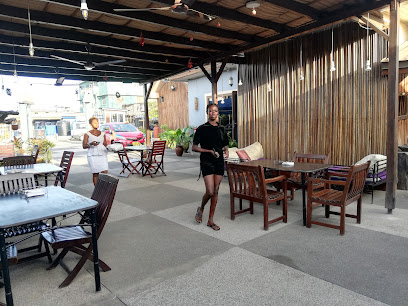
Paragon bar + grill
Discover the vibrant dining scene at Paragon Bar + Grill in Takoradi, where delicious food meets lively sports entertainment.
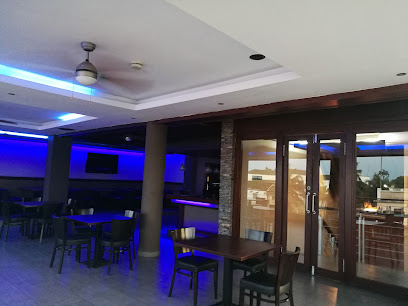
Noble House - Takoradi
Experience exquisite dining at Noble House in Takoradi – where local flavors meet international cuisine in an inviting atmosphere.
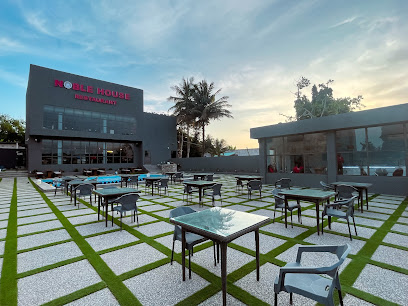
Daavi Ama
Discover authentic Ghanaian flavors at Daavi Ama in Takoradi—where culinary tradition meets modern taste.
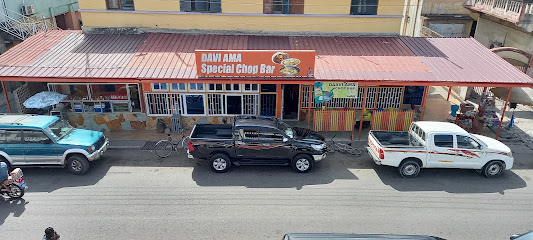
Malibu Restaurant and Club
Experience culinary delights at Malibu Restaurant and Club in Takoradi – where local flavors meet vibrant nightlife.
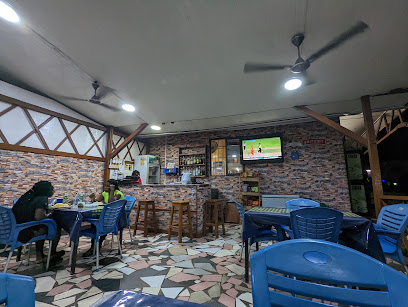
Squeeze
Discover delicious local and international cuisine at Squeeze in Takoradi – where flavor meets hospitality.
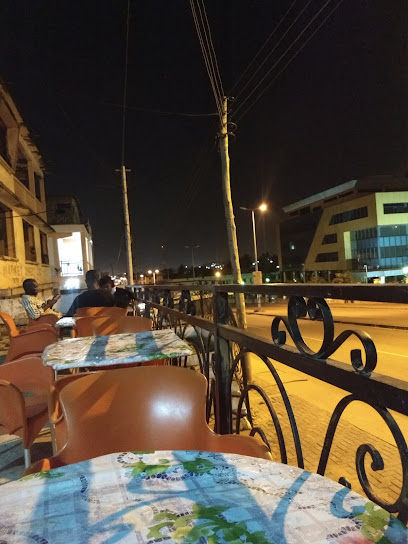
The Country Club
Discover authentic Ghanaian flavors at The Country Club in Takoradi – where great food meets warm hospitality.
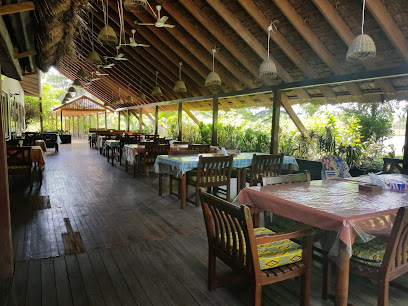
Bar 225
Experience the vibrant flavors of Ghana at Bar 225 in Takoradi – where local cuisine meets delightful ambiance.
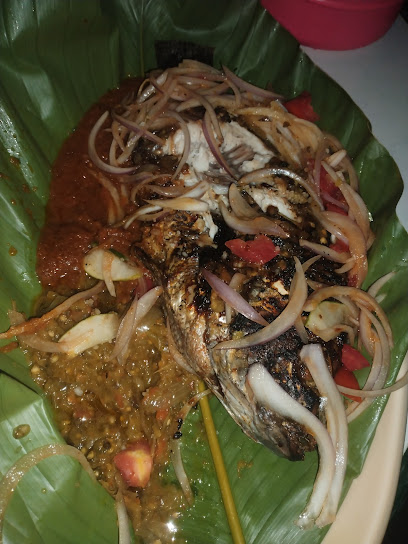
Aracely’s Steakhouse
Experience authentic Ghanaian hospitality at Aracely’s Steakhouse - where succulent steaks meet vibrant local flavors.
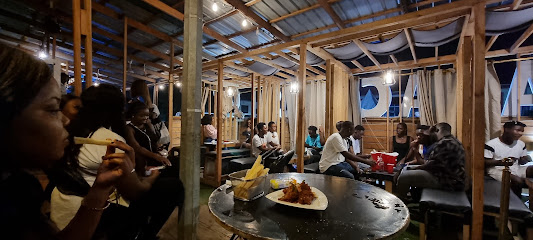
One In Town Restaurant And Bar
Discover Takoradi's vibrant fast food scene at One In Town Restaurant And Bar – where delicious flavors meet affordability.
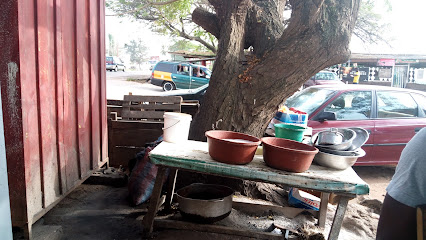
Gilou Bar & Restaurant
Discover delightful dishes at Gilou Bar & Restaurant in Takoradi – where local flavors meet international cuisine in a stunning coastal setting.
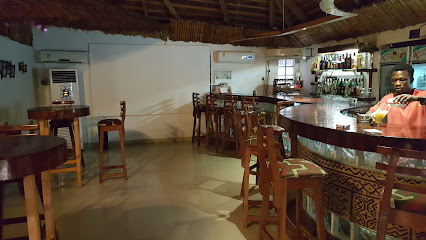
SnapFinger restaurant
Experience the vibrant flavors of fast food at SnapFinger Restaurant in Takoradi - where every bite is a delight!
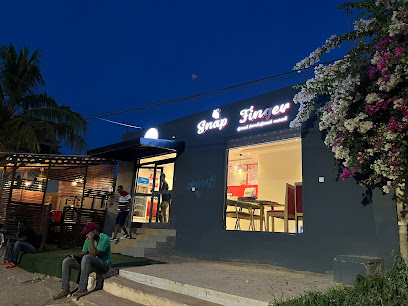
Markets, malls and hidden boutiques
Takoradi Mall
Discover a shopping paradise at Takoradi Mall, where local culture meets modern retail in a vibrant atmosphere.
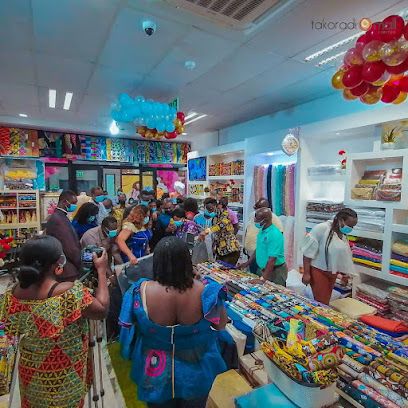
Shoprite Takoradi
Explore Shoprite Takoradi: Your one-stop shopping mall in Ghana for groceries and unique local products.
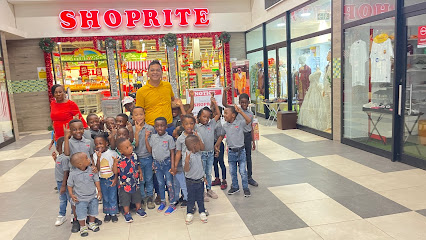
Anaji Choice Mart
Explore Anaji Choice Mart in Takoradi for an unforgettable shopping experience filled with local culture and diverse retail offerings.
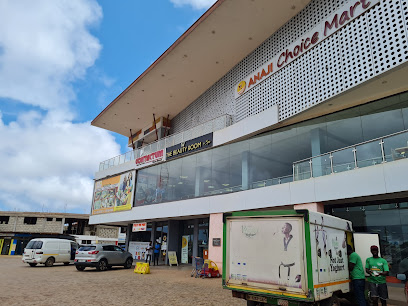
All Needs Supermarket Market Circle
Explore Takoradi's All Needs Supermarket for a diverse range of groceries and local delicacies, perfect for both tourists and locals alike.
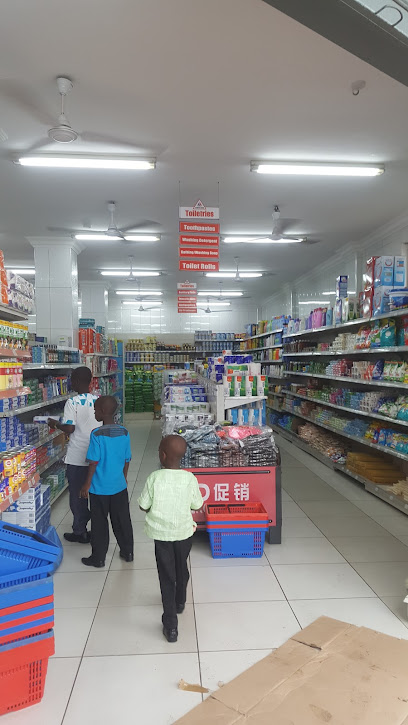
MELCOM Takoradi
Discover a vibrant shopping experience at MELCOM Takoradi, where diverse products meet local culture in the heart of Ghana's bustling marketplace.
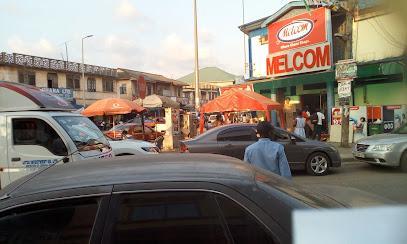
Garden Mart Shopping Centre -Takoradi
Explore the Garden Mart Shopping Centre in Takoradi, a vibrant hub for shopping, dining, and local culture with a unique blend of local and international brands.
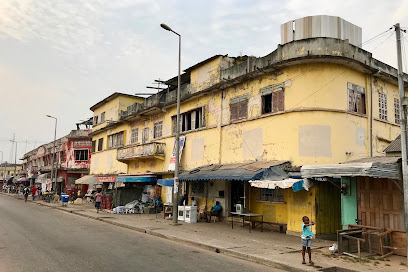
Khalifa collections
Explore the vibrant styles at Khalifa Collections in Takoradi – your go-to destination for authentic Ghanaian fashion and souvenirs.
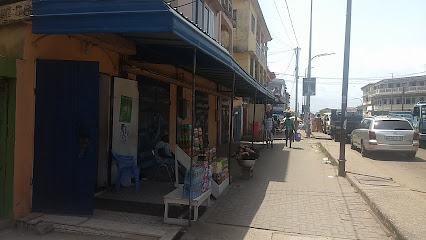
FOTOSTORE, Takoradi
Discover the essence of Ghanaian fashion at FOTOSTORE in Takoradi, where style meets culture in a vibrant shopping experience.
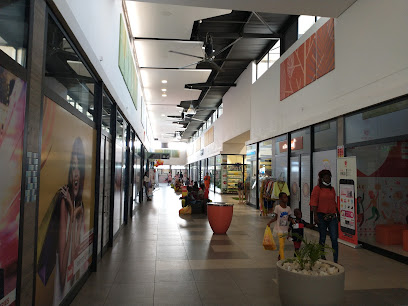
Jo’Cee Enterprise
Explore Jo’Cee Enterprise in Takoradi for exquisite home goods that reflect Ghanaian craftsmanship and style, perfect for travelers seeking unique decor.
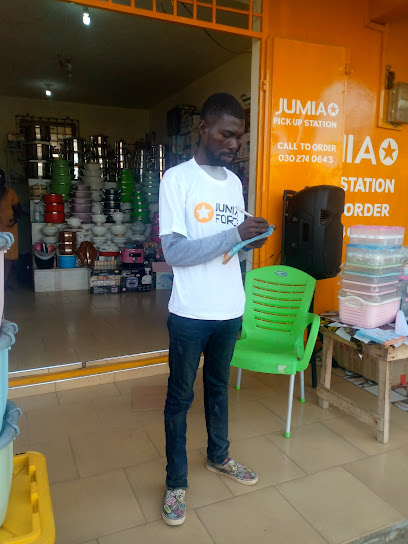
A&D Mart
Explore the vibrant A&D Mart in Takoradi: a treasure trove of unique gifts and local crafts that embodies the spirit of Ghana.
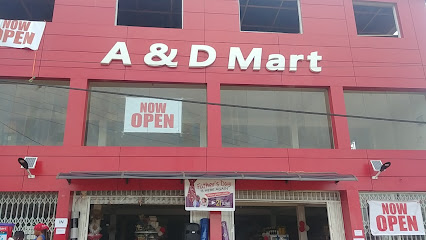
Excellence Boutique
Experience stylish shopping at Excellence Boutique in Takoradi, where quality meets fashion in a chic atmosphere.
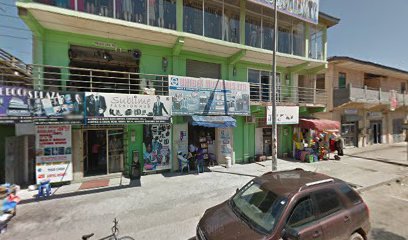
HISENSE COMPANY
Explore the latest in electronics at HISENSE COMPANY, Takoradi's leading tech store offering modern gadgets and exceptional service.
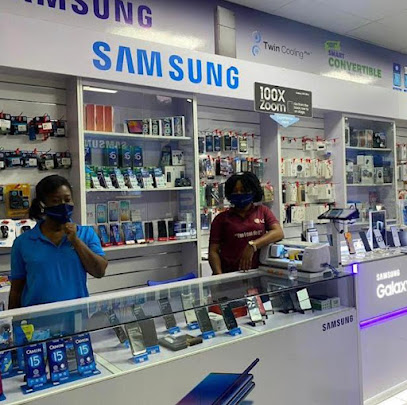
Stepup Fashion Design
Discover unique, tailor-made fashion at Stepup Fashion Design in Takoradi, where local craftsmanship meets personalized service.
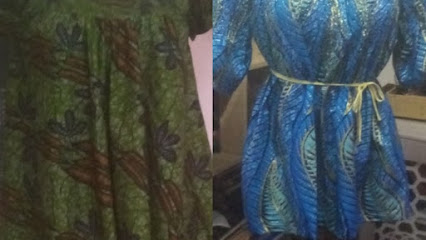
Belins Creation
Discover unique fashion accessories at Belins Creation in Takoradi, where local craftsmanship meets contemporary style for a memorable shopping experience.

Expressions Gift and Cards
Discover unique gifts and heartfelt cards at Expressions Gift and Cards in Takoradi, where local artistry meets unforgettable souvenirs.
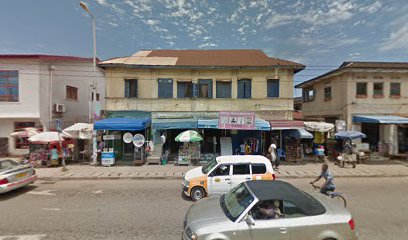
Essential bars & hidden hideouts
Vienna Lounge & Bar
Discover the lively atmosphere of Vienna Lounge & Bar in Takoradi, where delicious cuisine meets vibrant nightlife and entertainment.
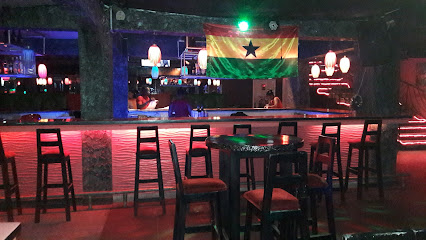
Coconut Bay
Discover the vibrant atmosphere of Coconut Bay, a premier bar in Takoradi, known for its refreshing drinks and lively ambiance.
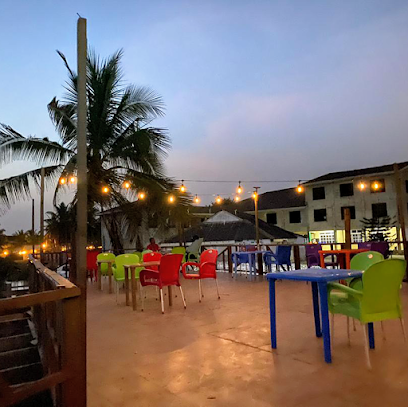
+100 Bar and Grill
Discover the lively +100 Bar and Grill in Takoradi, where great food, refreshing drinks, and a vibrant atmosphere await every visitor.
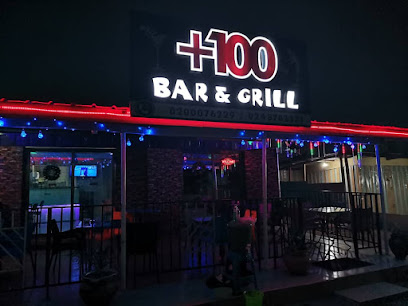
Smoochies pub
Experience the heart of Takoradi's nightlife at Smoochies Pub, where lively music and friendly vibes create unforgettable memories.
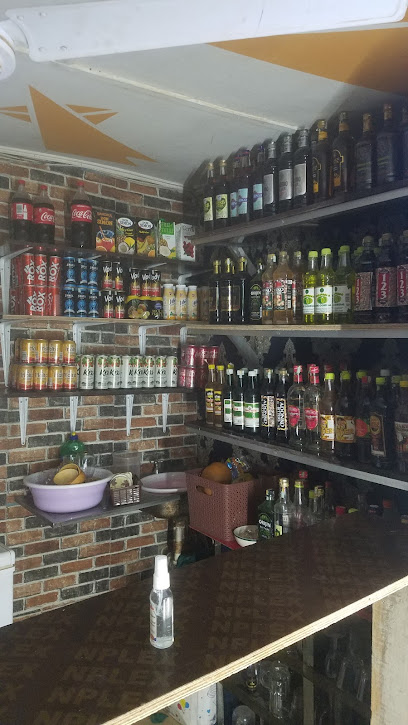
House 2 Pub
Discover the lively ambiance of House 2 Pub in Takoradi, where great drinks, live music, and local culture come together for an unforgettable experience.
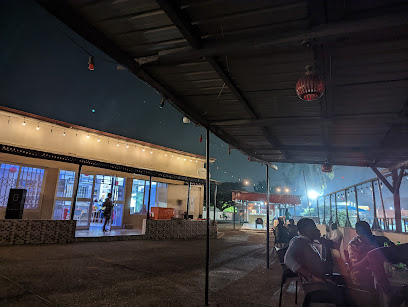
Roxy's Bar & BBQ
Experience the vibrant atmosphere and delicious BBQ at Roxy's Bar & BBQ, a must-visit spot in Takoradi for food and drink lovers.
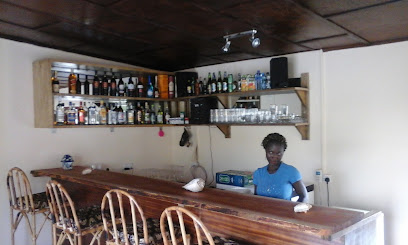
Vis Pub
Experience the vibrant nightlife of Takoradi at Vis Pub, where local flavors and friendly vibes come together for an unforgettable evening.
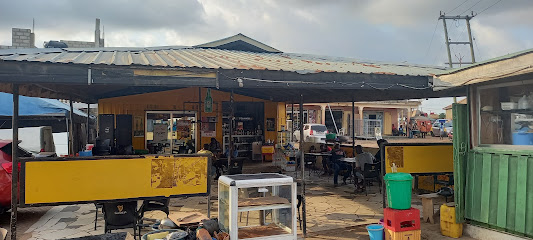
Drunken Goat Pub
Delight in a vibrant atmosphere at Drunken Goat Pub in Takoradi, where delicious food and refreshing drinks meet lively entertainment.
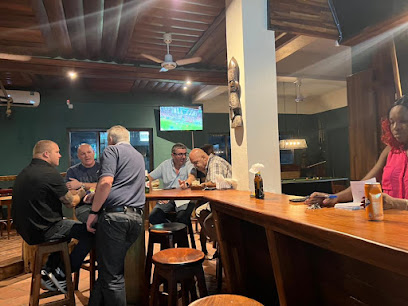
Executive Pub and Grills
Discover Takoradi's vibrant nightlife at Executive Pub and Grills, where delicious food meets a lively atmosphere.
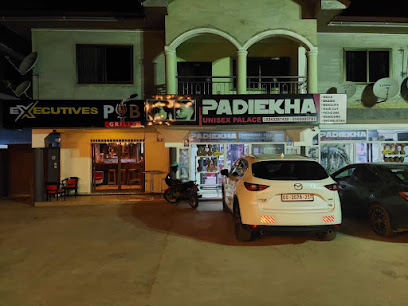
AcquahBar
Experience the vibrant nightlife at AcquahBar in Takoradi, Ghana, where great drinks and a welcoming atmosphere await every visitor.
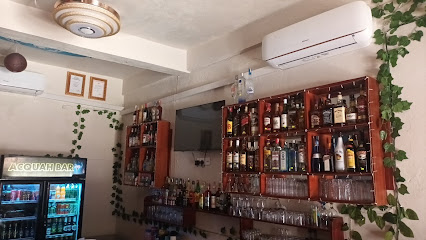
Cheers Pub
Experience the vibrant nightlife at Cheers Pub in Takoradi, Ghana, where friendly service and a lively atmosphere await.
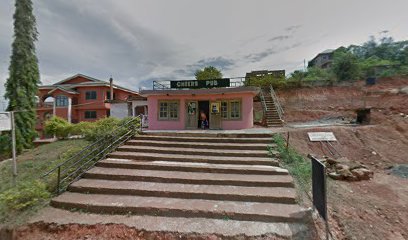
Kobby's Place Spot Bar &Grill
Experience authentic Ghanaian cuisine and vibrant nightlife at Kobby's Place Spot Bar & Grill in Takoradi.
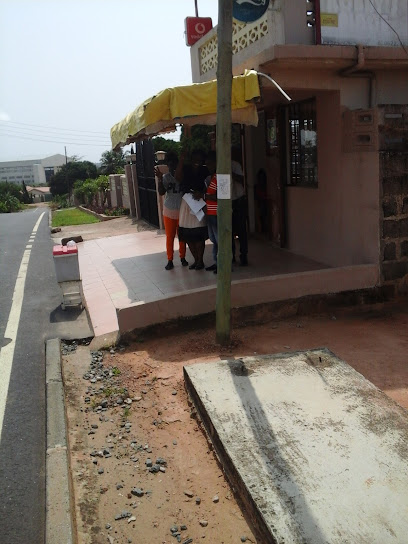
Scandy's Pub
Discover the vibrant nightlife of Takoradi at Scandy's Pub, where drinks, snooker, and great company await every visitor.
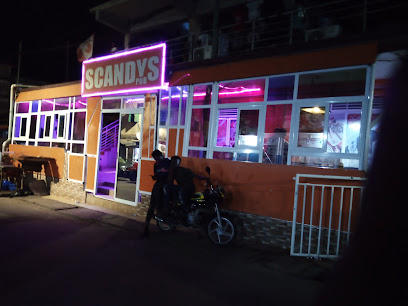
Friends pub
Experience the vibrant nightlife of Takoradi at Friends Pub, where friends gather for great drinks and memorable moments.
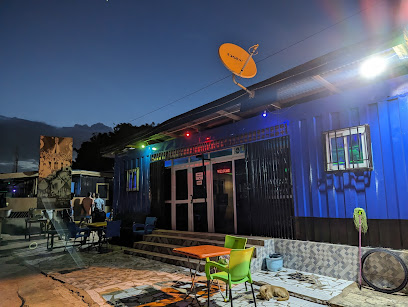
Replay sports bar and grill
Experience the ultimate sports viewing and dining at Replay Sports Bar and Grill in Takoradi, where every game comes alive with great food and drinks.

Travel experiences inspired by this city
Explore more travel diariesLocal Phrases
-
- HelloAgoo
[ah-goh] - GoodbyeAfehyia pa
[ah-fay-hee-ah pah] - YesAane
[ah-neh] - NoDabi
[dah-bee] - Please/You're welcomeMesrɛ
[meh-sreh] - Thank youMedaase
[meh-dah-ah-seh] - Excuse me/SorryKramo
[krah-moh] - How are you?Wo ho te sen?
[woh hoh teh seh] - Fine. And you?Yɛbɛhyia. Na wo nni hɔ?
[yeh-beh-hee-yah. nah woh nnee hoh] - Do you speak English?Wo ka ho a, twi ne saa?
[woh kah hoh ah, t-wee neh sah] - I don't understandMenso abɛba
[mehn-soh ah-beh-bah]
- HelloAgoo
-
- I'd like to see the menu, pleaseM'akoma nkyerɛ me
[mah-koh-mah en-cheh-reh meh] - I don't eat meatM'ani bɔ nkɔtɔ
[mah-nee boh n-ko-toh] - Cheers!Nkosua!
[en-koh-suh] - I would like to pay, pleaseM'ani mma wo
[mah-nee mmah woh]
- I'd like to see the menu, pleaseM'akoma nkyerɛ me
-
- Help!Boa me!
[boh-ah meh] - Go away!Kae w'ani
[kah-eh w-ah-nee] - Call the Police!Kɔ yɛ aman ne kɔtɔfoɔ
[koh yeh ah-mahn neh koh-toh-foh] - Call a doctor!Kɔ yɛ dɔkita
[koh yeh doh-kee-tah] - I'm lostM'ani afei
[mah-nee ah-fay] - I'm illM'ani nso
[mah-nee en-soh]
- Help!Boa me!
-
- I'd like to buy...M'ani nso nkyerɛ...
[mah-nee en-soh en-cheh-reh] - I'm just lookingM'ani ntɛm
[mah-nee en-tem] - How much is it?Afei bɔdeɛn?
[ah-fay boh-dehn] - That's too expensiveƐyɛ dɛn
[eh-yeh dehn] - Can you lower the price?Wo nni dɛn hɔ?
[woh nnee dehn hoh]
- I'd like to buy...M'ani nso nkyerɛ...
-
- What time is it?Dɛn ne yɛnom?
[dehn neh yeh-nom] - It's one o'clockYɛn nom no mu
[yehn nom noh moo] - Half past (10)Afei kakra (10)
[ah-fay kah-krah] - MorningAnɔpa
[ah-noh-pah] - AfternoonƐwiɛm
[eh-wee-em] - EveningAnɔpa
[ah-noh-pah] - YesterdayNnim
[nee-m] - TodayN'ɛda
[neh-dah] - TomorrowƐkyɛda
[eh-cheh-dah] - 1Kɔ
[koh] - 2Abo
[ah-boh] - 3Anan
[ah-nahn] - 4Anan
[ah-nahn] - 5Anan
[ah-nahn] - 6Anan
[ah-nahn] - 7Anan
[ah-nahn] - 8Anan
[ah-nahn] - 9Anan
[ah-nahn] - 10Anan
[ah-nahn]
- What time is it?Dɛn ne yɛnom?
-
- Where's a/the...?Ɛwɔ...?
[eh-woh] - What's the address?Ɛtɔɔso bɛn nnyɛ?
[eh-toh-so behn n-nyeh] - Can you show me (on the map)?Wo nni kyerɛ me?
[woh nnee cheh-reh meh] - When's the next (bus)?Afei bɔkɔɔ no?
[ah-fay boh-koh-koh noh] - A ticket (to ....)Tikɛt (kɔ ....)
[tee-keh-t (koh)]
- Where's a/the...?Ɛwɔ...?
History of Sekondi-Takoradi
-
Sekondi and Takoradi, the twin cities now collectively known as Sekondi-Takoradi, have their origins rooted in the early 17th century. Sekondi was originally a small fishing village, while Takoradi was relatively more inland. The region became significant due to the presence of the Europeans, particularly the Dutch, British, and Swedes, who were engaged in trade, including the trans-Atlantic slave trade. Fort Orange, built by the Dutch in 1642 in Sekondi, is a testament to the early European influence.
-
The colonial era brought significant changes to Sekondi-Takoradi. The British took control of the region in the late 19th century, and Sekondi became an important administrative and commercial center. The construction of the Sekondi Harbour in 1903 and the Takoradi Harbour in 1928 marked major milestones in the cities' development. Takoradi Harbour, in particular, played a crucial role during World War II, serving as a key logistical hub for the Allies.
-
After Ghana gained independence in 1957, Sekondi-Takoradi continued to grow as a major economic hub. The city's infrastructure expanded, and it became known for its industrial activities, especially in the sectors of shipping and timber. The establishment of the Takoradi Polytechnic in 1954, later transformed into the Takoradi Technical University, contributed to the city's educational landscape.
-
Sekondi-Takoradi is rich in cultural heritage, with various festivals celebrated throughout the year. One of the most prominent is the Kundum Festival, celebrated by the Ahanta and Nzema people. This harvest festival, which involves traditional drumming, dancing, and feasting, is held to thank the gods for a good harvest and to pray for prosperity. The twin cities also boast vibrant arts and crafts, including kente weaving and bead-making.
-
Today, Sekondi-Takoradi is known as the 'Oil City' of Ghana due to the discovery of oil in the Western Region. The city has seen rapid development and modernization, with numerous multinational companies establishing their presence. Despite this, Sekondi-Takoradi retains its historical charm, with colonial-era buildings and forts like Fort Orange and Fort Sekondi still standing as reminders of its rich past.
Sekondi-Takoradi Essentials
-
Sekondi-Takoradi is served by the Takoradi Airport, which has domestic flights from Accra. The journey from Accra by road takes approximately 4-5 hours. Buses and private cars are available for this route. The city is also accessible by train from Accra, though schedules can be irregular.
-
In Sekondi-Takoradi, taxis are a common mode of transport and are relatively affordable. Trotros (shared minibuses) are another popular option for getting around the city and are very economical. Car rentals are available but driving can be challenging due to local traffic and road conditions.
-
The official currency is the Ghanaian Cedi (GHS). Credit cards are accepted in larger hotels, restaurants, and shops, but it is advisable to carry cash for smaller establishments and markets. ATMs are widely available, but it's wise to withdraw sufficient cash when in more rural areas.
-
Sekondi-Takoradi is generally safe for tourists, but it's essential to exercise standard precautions. Avoid walking alone at night, particularly in less populated areas. Be vigilant in crowded places to avoid pickpocketing. Certain areas, like Market Circle, can have higher crime rates, so stay alert.
-
In case of emergency, dial 191 for police assistance, 192 for fire services, and 193 for medical emergencies. The city has several hospitals and clinics for medical emergencies. It's recommended to have travel insurance that covers medical issues. Pharmacies are available for minor health concerns.
-
Fashion: Do dress modestly, especially in religious and rural areas. Avoid overly revealing clothing. Religion: Do respect local religious practices. Remove your shoes when entering mosques or homes. Public Transport: Do be polite and give up your seat for elders on trotros. Don't eat or drink on public transport. Greetings: Do greet people with a handshake. Using the right hand is customary. Eating & Drinking: Do try local dishes and accept food offerings as a sign of hospitality. Don't refuse food without a polite explanation.
-
To experience Sekondi-Takoradi like a local, visit the local markets and try street food delicacies like 'kebabs' and 'banku.' Engage with the locals, who are usually friendly and willing to share stories. Don't miss the Takoradi Beach for a relaxing day and the lively nightlife in the city.
Trending Landmark in Sekondi-Takoradi
Nearby Cities to Sekondi-Takoradi
-
Things To Do in Takoradi
-
Things To Do in Cape Coast
-
Things To Do in Accra
-
Things To Do in Kumasi
-
Things To Do in Koforidua
-
Things To Do in Abidjan
-
Things To Do in Sunyani
-
Things To Do in Ho
-
Things To Do in Kpalimé
-
Things To Do in Lomé
-
Things To Do in Notse
-
Things To Do in Aneho
-
Things To Do in Lokossa
-
Things To Do in Atakpamé
-
Things To Do in Yamoussoukro












